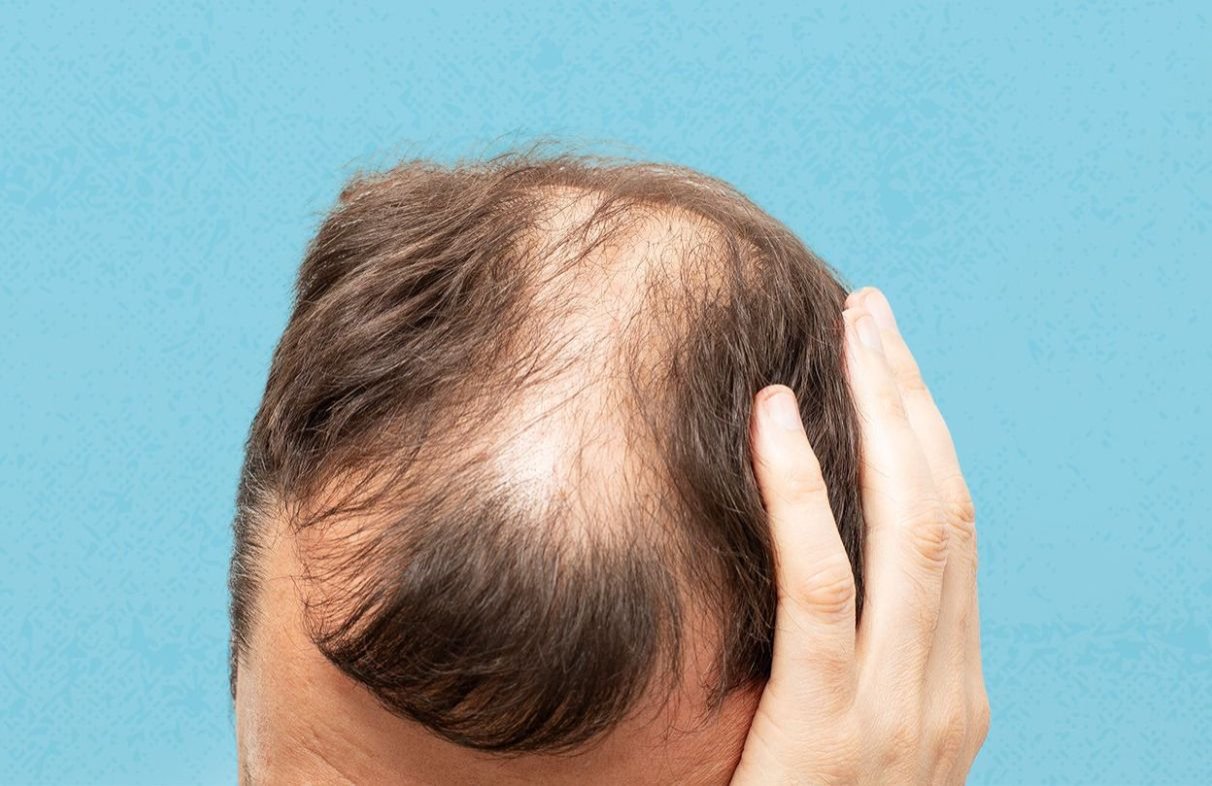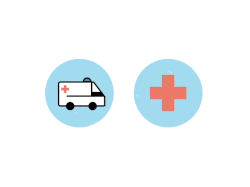Hairloss reasons and prevention

Hair loss can be caused by a variety of factors, including genetics, hormonal changes, aging, medication, and certain medical conditions. Here are some techniques that can help to prevent or reduce hair loss:
- Maintain a healthy diet: Consuming a diet that is rich in vitamins, minerals, and protein can help to promote healthy hair growth.
- Avoid tight hairstyles: Wearing tight hairstyles, such as braids, buns, or ponytails, can cause hair loss by pulling on the hair follicles
- Be gentle when styling: Avoid harsh styling techniques, such as blow-drying, straightening, or curling, that can damage the hair and lead to hair loss.
- Manage stress: Stress can contribute to hair loss, so finding ways to manage stress, such as meditation, yoga, or exercise, can help to prevent hair loss.
- Avoid harsh chemicals: Harsh chemicals in hair products, such as dyes, perms, and relaxers, can damage the hair and lead to hair loss.
- Treat underlying medical conditions: Certain medical conditions, such as thyroid disorders or alopecia, can cause hair loss, so seeking treatment for underlying medical conditions can help to prevent or reduce hair loss.
- Consult with a healthcare professional: If hair loss is severe or persistent, consulting with a healthcare professional, such as a dermatologist or endocrinologist, can help to diagnose and treat the underlying cause of hair loss.
In summary, preventing or reducing hair loss involves maintaining a healthy diet, avoiding harsh styling and chemicals, managing stress, treating underlying medical conditions, and seeking professional help when necessary.
Medicines used in the treatment of Hairloss
Minoxidil
Minoxidil is a medication that is used to treat hair loss. It is a topical solution that is applied directly to the scalp, and it works by increasing blood flow to the hair follicles, which can promote hair growth. Minoxidil is available over-the-counter in various concentrations, typically 2% and 5%.
Minoxidil is believed to widen blood vessels in the scalp, which increases the flow of oxygen, blood, and nutrients to the hair follicles. This increased blood flow can help to revive shrunken hair follicles, increase their size, and extend the growth phase of the hair cycle, which can result in thicker, longer hair.
It is essential to note that minoxidil does not work for everyone and may take several months to see any results. In addition, minoxidil should only be used as directed, and it may cause side effects, such as scalp irritation, itching, or redness. If side effects are severe or persistent, it is important to stop using minoxidil and consult with a healthcare professionalOverall, minoxidil can be an effective treatment option for hair loss, but it is important to use it as directed and consult with a healthcare professional if there are any concerns or if it is not producing desired results.
Finasteride
Finasteride is a medication used to treat hair loss and an enlarged prostate gland in men. It works by blocking the conversion of testosterone into dihydrotestosterone (DHT), which is believed to contribute to hair loss.
By reducing DHT levels, finasteride can help to reverse the miniaturization of hair follicles and promote hair growth. It may take several months to see any results from finasteride, and it should be taken as directed by a healthcare professional.
Like any medication, finasteride may cause side effects, including decreased libido, erectile dysfunction, and breast tenderness or enlargement. It is important to discuss any concerns or potential side effects with a healthcare professional before starting finasteride.
Overall, finasteride can be an effective treatment option for hair loss in men, but it should only be used as directed and under the supervision of a healthcare professional.









Comments : 0